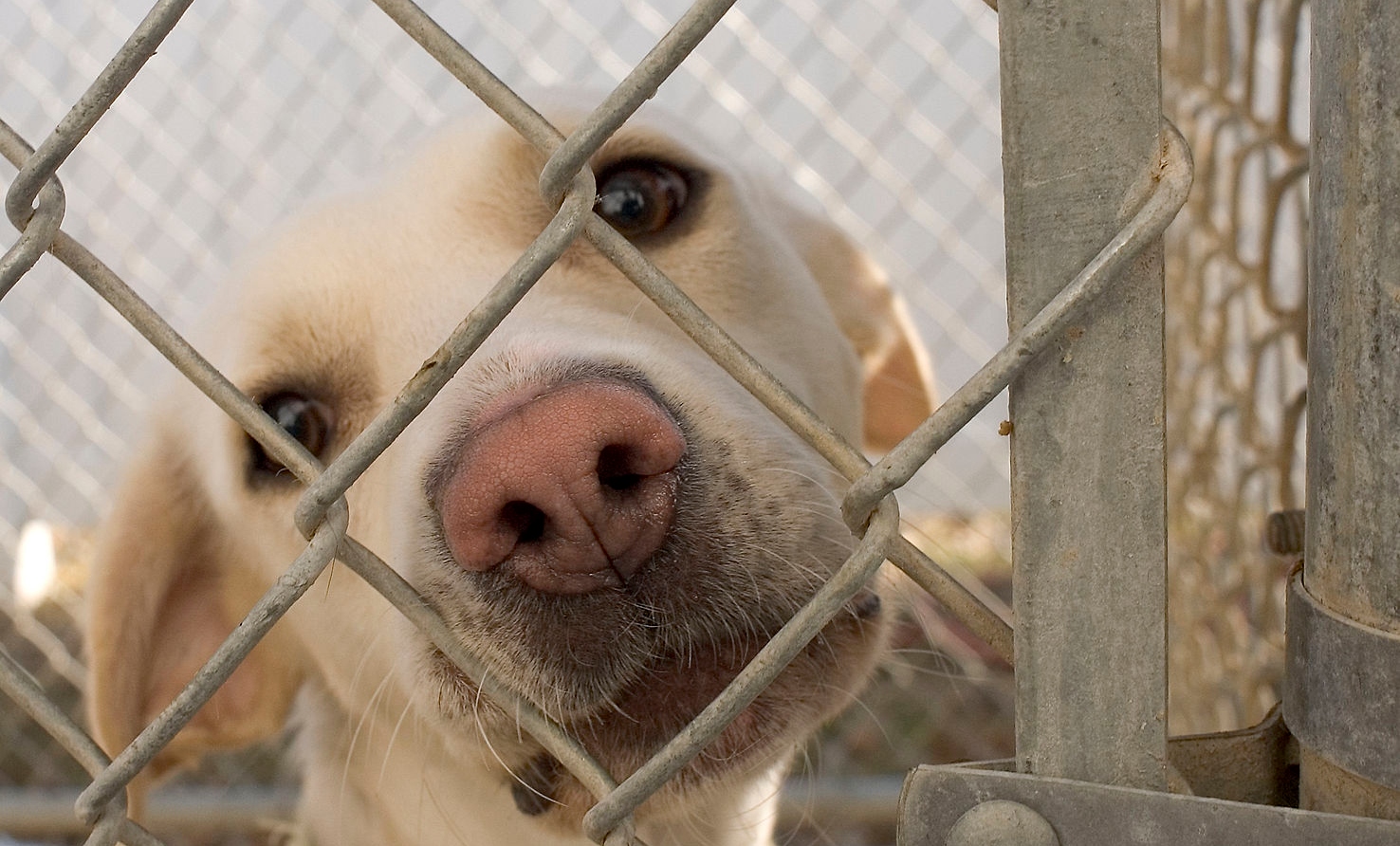

By Benito Di Fonzo
“I’m going down, until they physically throw me in jail,” said busker Stanley Steer, who has been busking in the Sydney’s Devonshire Street tunnel for 31 years after migrating from Jamaica in 1983.
“I have people who’ve known me for years and we chat, you know what I mean? When they tell me to move on I will move on, because I respect their laws and stuff. But I can’t see any reason why. We’re not hurting anybody. We’re making the place feel safer, we’re enhancing it. Maybe if you want, give us a licence,” he said.
While other cities go to great means to encourage buskers onto their transport systems, Sydney Trains have of late taken a prejudiced stand against Sydney’s much-loved live musicians, with harassment by Sydney Trains’ staff, and police under their instruction, in Sydney’s iconic home of street performers – Central’s Devonshire Street Tunnel.
Buskers like Stanley who play acoustically do not have the option to play in the street as, unamplified as their music is, the traffic noise would drown them out. City of Sydney’s licencing and time restrictions on the most profitable areas can also be prohibitive – for instance, it is illegal to busk in Pitt St Mall during morning or lunchtime and buskers may only stay for an hour, making it unfeasible for many musicians.
Back in March City Hub ran an article about signs that appeared relating to the illegality of busking in the tunnel. Sydney Trains denied placing the signs, despite them bearing their logo, and they were soon removed, but the harassment continued.
Section 64 of the Public Transport Regulations of 2007 does in fact prohibit,“the soliciting of money (whether by way of busking or otherwise) from any person who is present on the bus, ferry or train or in the public area concerned.”
This, according to Sydney Trains, includes Devonshire Street Tunnel. However, despite this regulation coming into effect in 2007, this year is the first time Sydney Trains has acted upon it. City Hub could not get an answer from NSW Police or Sydney Trains as to why this was, nor how many people had been fined, arrested or ‘moved on’ from their livelihood, despite repeated requests over several weeks.
NSW Police would only state that “NSW Police Force works closely with Sydney Trains to ensure that passengers can safely access and exit railway stations.”
They then redirected the hot potato of our inquiry to Sydney Trains who refused to answer any questions City Hub put to them, responding with essentially the same quote: “Sydney Trains’ primary responsibility is to ensure our customers can move safely through its stations, concourses, platforms and other public areas, including the Devonshire tunnel. Staff and the police regularly patrol our stations to ensure passenger safety.”
After testing the system with my own guitar and harp and being moved on, I, like Stanley, began to wonder just how one got the ‘permission’ inferred by the officer. No one at Central Station could assist, and when I rang the police station in charge of the area the officer there had no idea how I could get permission. When I asked whether any musicians had been issued with the threatened $150 fines the officer said, “I’ve seen it done.” When I asked what he would do if he were in the position of a busker whose livelihood and rights were at risk he said, “I wouldn’t find myself in that position, it’s not my thing”.
A spokesperson for the new Minister for Transport, Andrew Constance issued only the statement: “Devonshire Tunnel is a busy thoroughfare and our main priority is to ensure customers can safely move through it.” In conversation the spokesperson said that perhaps public liability issues were at play, however Mal Tulloch of the Media, Entertainment & Arts Alliance said that members were automatically covered by the union’s liability insurance, wherever they were working.
Stanley said in his 31 years working in Wynyard, Kings Cross, Bondi Junction and Martin Place stations, as well as the tunnel, he has never witnessed a public safety issue. He said the tunnel was very a different place when he began working there in 1984, and credits buskers with improving it.
“When I first started people were scared to go through the subway after ten o’clock because there would be rats, and there used to be a garbage bin, and every morning you’d go in and the garbage bin they would turn over and they would set alight. It’s much safer now,” he said.
Transport for London gets commercial sponsors such as Coca Cola and Carling Beer to pay buskers in the London Underground, holding regular auditions to encourage musicians. In New York when Andrew Kalleen, one of many buskers on subway platforms, trains and tunnels, was arrested by NYPD for refusing to move on he become a cause celebre, with rallies and a court challenge after which charges were dropped and the arresting office was instead charged with unlawful arrest. Will Sydneysiders stand up for their local culture in such a way, or are they happy to let music disappear from its traditional home in the train tunnels of the city?
Stanley for one isn’t going to stop turning up for his two-hour morning shift just yet – “Until they throw me in jail I’m going to continue. It’s a part of my living, man, they can’t take it away from me”.









